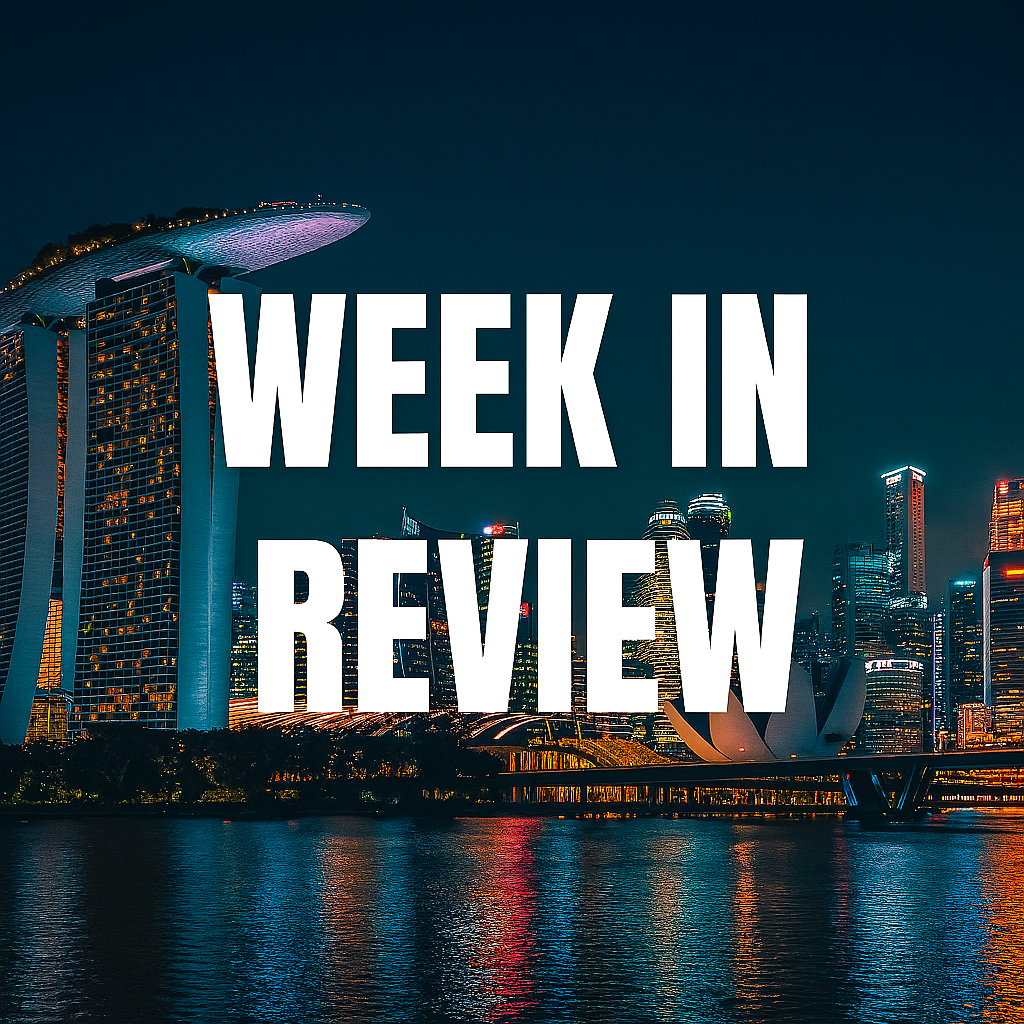🇺🇸 United States: Shutdown Enters Fourth Week as Trump Holds Line on ACA Subsidies
The federal government shutdown reached Day 28 with no resolution in sight, as President Donald Trump continues his Asia tour and Republican leaders refuse to bundle expiring Affordable Care Act (ACA) tax credits into the budget deal. The right frames this as a principled stand against fiscal blackmail and entitlement expansion.
Democrats demand permanent ACA subsidies for 24 million Americans, but Trump insists the issue be debated separately. SNAP and WIC benefits for over 40 million Americans are set to expire November 1, and the USDA has declined to tap its $5 billion contingency fund, citing legal constraints.
Meanwhile, air travel disruptions mount, with over 5,600 flights delayed due to unpaid air traffic controllers. The White House found $5.3 billion to fund military pay, drawing from housing and procurement accounts. Critics call it a patchwork fix, but conservatives argue it prioritizes national defense over bloated welfare programs.
Senate Majority Leader John Thune blocked a Democrat-led bill to fund SNAP, accusing opponents of political theater. The right sees this as a necessary confrontation to restore budget discipline and reject coercive spending tactics.
🇵🇭 Philippines: Fuel Hikes and Basilan Clashes Test National Resilience
Filipino motorists face a fourth straight week of fuel price hikes: ₱1.20/liter for gasoline, ₱2.00 for diesel, and ₱1.70 for kerosene. The Department of Energy attributes this to U.S. sanctions on Russian oil and declining U.S. crude inventory. The right calls for energy independence and strategic reserves to shield the nation from foreign policy shocks.
Simultaneously, Tipo-Tipo, Basilan descended into chaos as clashes erupted between government forces and armed elements allegedly linked to the Moro Islamic Liberation Front. 90% of residents fled, and classes and government work were suspended.
Conservatives argue this exposes the fragility of peace deals and the need for stronger military oversight in restive regions. The twin crises—energy and insurgency—underscore the urgency of national preparedness and sovereignty-focused governance.
🌏 Southeast Asia: ASEAN Summit Ends with Trump-Brokered Thai-Cambodia Peace Pact
The 47th ASEAN Summit in Kuala Lumpur concluded with a Trump-brokered peace accord between Thailand and Cambodia, ending months of border conflict. The deal includes de-mining, troop withdrawal, and ASEAN monitors.
Trump’s tariff threats forced both sides to the table, validating his transactional diplomacy. Critics call it coercive, but the right sees it as effective deterrence. ASEAN also admitted East Timor as its 11th member, signaling deeper integration.
Malaysia’s Prime Minister Anwar Ibrahim praised Trump’s role, while ASEAN leaders discussed trade rebalancing and regional corruption. The right frames the summit as a strategic win for sovereignty and pragmatic peace.
🇯🇵🇰🇷🇨🇳 East Asia: Japan’s Takaichi Debuts at ASEAN, Signals Conservative Resurgence
Japan’s new Prime Minister Sanae Takaichi made her debut at the ASEAN Summit, marking a conservative shift in East Asian politics. A protégé of Shinzo Abe, she pledged to revise Japan’s pacifist constitution, expand defense spending, and confront Chinese aggression.
The right sees her rise as a strategic correction to years of passive diplomacy. Takaichi’s alignment with Trump and her assertive posture signal Japan’s intent to reclaim its geopolitical voice.
Her visit to Malaysia’s war memorial drew backlash, but conservatives argue it reflects national pride and historical clarity. Japan’s pivot under Takaichi could reshape East Asia’s security architecture.
🌐 Asia Pacific: China Pushes Stability Narrative Ahead of APEC Summit
Ahead of the APEC Summit in South Korea, China released a sweeping narrative touting its role in stabilizing Asia-Pacific development. President Xi Jinping is set to attend and meet Trump, marking their first face-to-face since Trump’s return to office.
China highlighted its trade growth with APEC economies—¥19.41 trillion ($2.73 trillion) in the first three quarters—and its role in green tech and poverty reduction. Projects like the Chancay Port in Peru and Juncao farming in Papua New Guinea showcase Beijing’s soft power.
The right warns that China’s narrative masks strategic ambitions. While Beijing promotes openness, its export controls and digital influence raise sovereignty concerns. Conservatives urge APEC members to balance engagement with vigilance.




